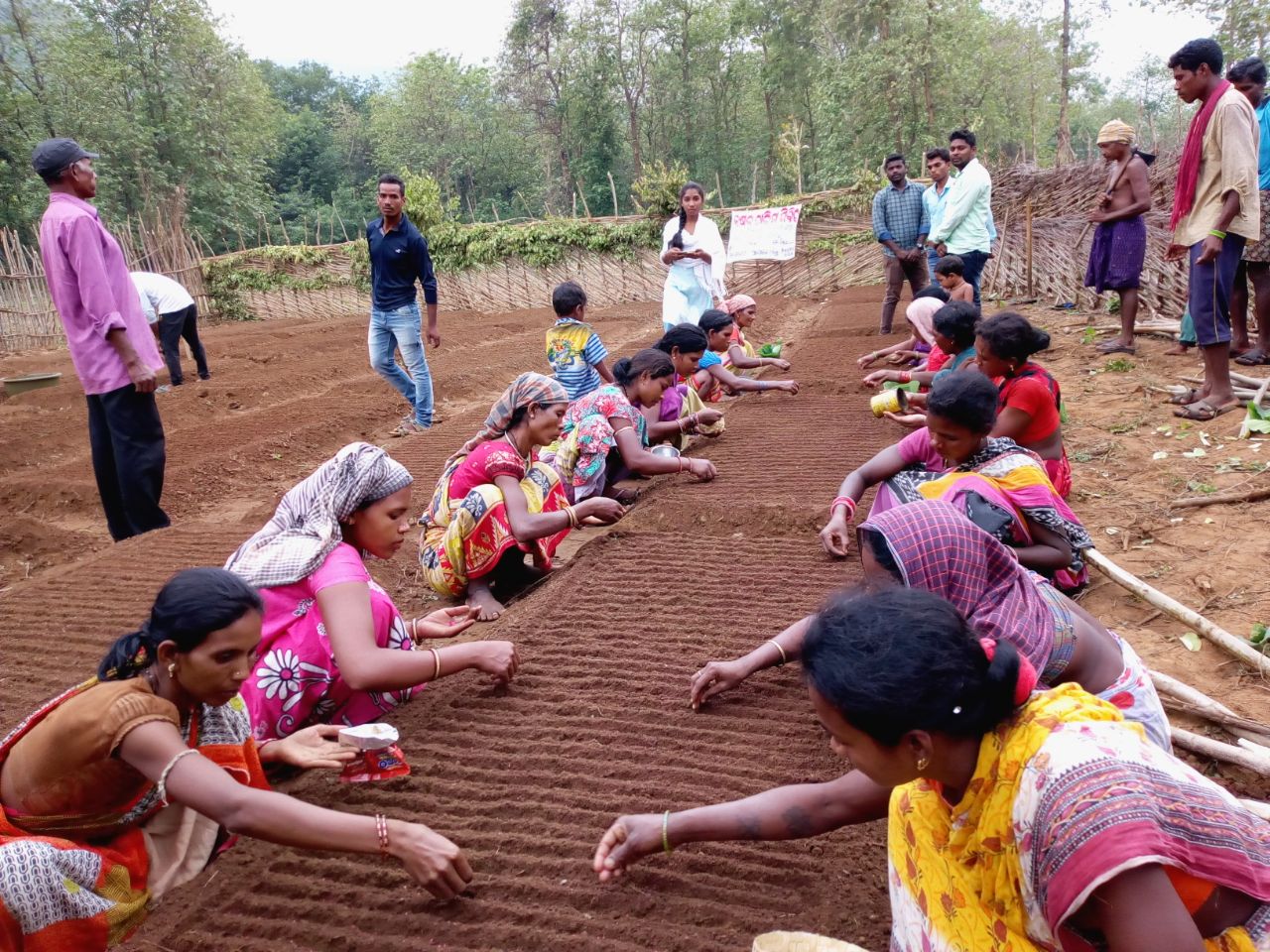Women as farmers, laborers and entrepreneurs are the driving force of India’s farmland. According to OXFAM 2018, agriculture sector employs 80% of all economically active women in India, they comprise 33% of the agriculture labour force and 48% of the self-employed farmers. In spite of their large contribution women continue to remain invisible in the rural economy of India.
The country has witnessed massive agricultural distress during the past couple of years. Farmers from major agriculture dependent states have come on streets to protest against the low price for farm produce and demanding loan waiver. Major participants of these protests were women farmers and their unattended demands. Limited access to resources, illiteracy, land allocation for farming and recognition is consistently adding trouble for women farmers. The vicious cycle of debt, crop failure and poverty often force them to take their own lives. According to NCRB, out of the total 8,007 farmer suicides in 2014, 441 were by women farmers & cultivators. Among the suicides by Agricultural laborers, 577 were women.
The agony of the women farmers needs to be heard both at the policy and implementation level. In order to make women farmers capable, access to information on advanced agricultural practices is needed. Women bear the burden of getting paid with low wages compared to men. Policy emphasis must be to recognise the work of female farmers and grant equal pay to them.
Lack of land rights is one of the crippling issues for women farmers. There is an urgent need to change the inheritance practices and give land rights to daughters as well. Further, to increase efficiency and promote sustainable agricultural practices, skill development training needs to be delivered to women farmers. Skill development programs will train women farmers in areas of field operations, organic farming etc.
Technological advancements in designing tools can play an important role in making farm equipment easy to use for women. Majority of women in the rural sector are involved in animal husbandry, hence imparting veterinary knowledge to women can result in better results.
Self-help groups have been playing a crucial role in improving the status of women in rural villages. Such self-help groups can help women farmers by providing financial support in terms of loans and promote best agricultural practices through training. Fair support price has been the major demand of farmers all over the country. In order to provide a fair price and direct market linkages, Mahila Kisan mandis should be promoted for women farmers where they can sell their produce without any hassle.
According to the United Nations Food and Agricultural Organisation, if women had the same access to productive resources as men, they could increase yields on their farms by 20-30%. If we want the agricultural sector to thrive in the country, acknowledging the contribution of women farmers becomes an absolute necessity. We need to provide them with opportunities and upgrade their skills through collective training and capacity building programs.

